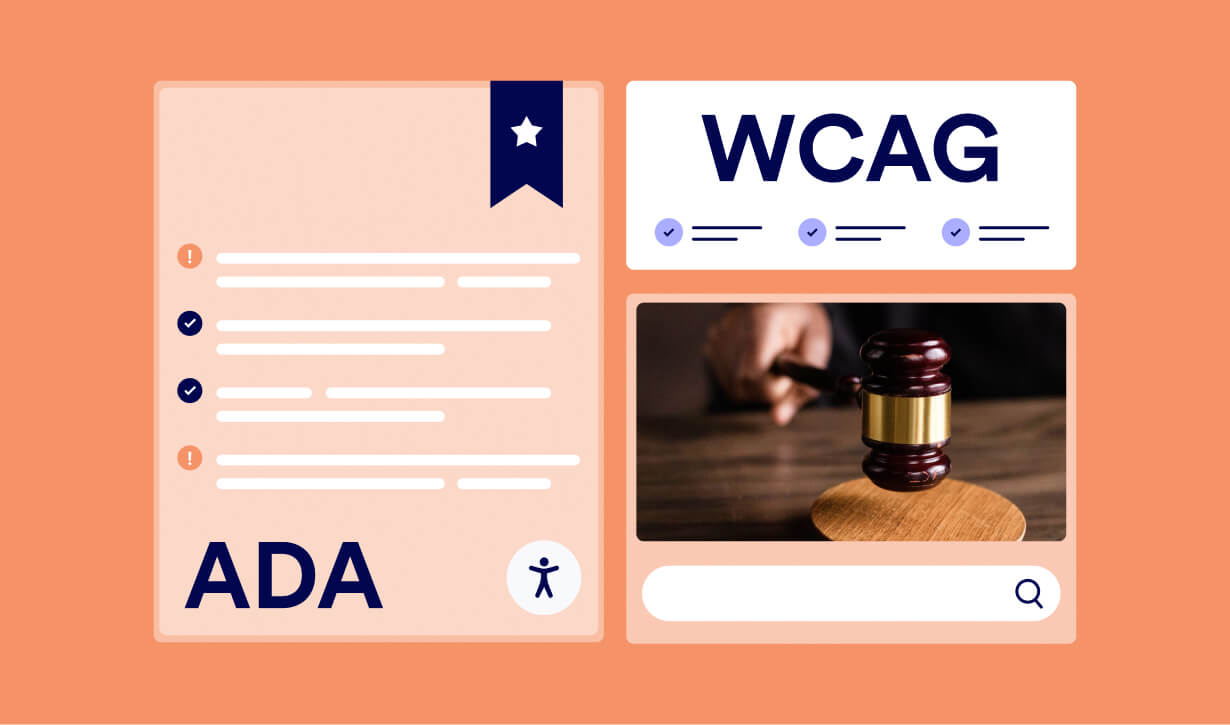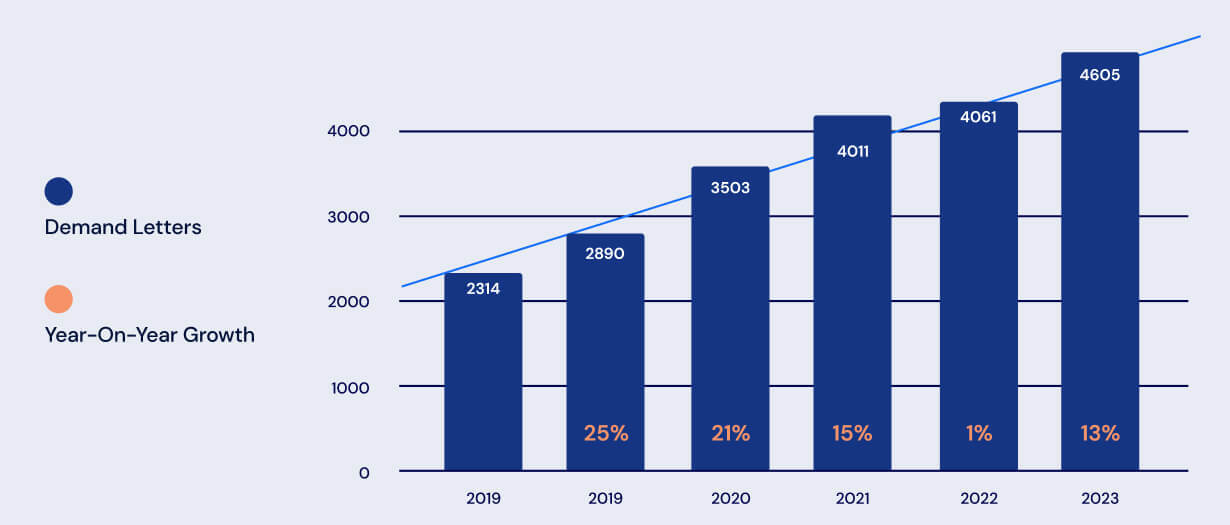Red Goose Design & Media
Website ADA Compliance
ADA and Web Accessibility

ADA and Compliance Information
Having an accessible and inclusive website is not only the right thing to do, but it also offers several benefits, such as increased traffic (with improved SEO) and eligibility for tax credits. It is important to note, however, that accessibility is first and foremost a legal requirement under the Americans with Disabilities Act (ADA). In addition to the legislation, we have seen a growing trend of lawsuits filed against non-compliant businesses in recent years. With timing becoming a significant factor, it is essential to ensure that you and your clients are familiar with the ADA and its relation to web accessibility to stay ahead of the curve and minimize the risks of legal ramifications.
ADA and WCAG overview - what are they, and what do they cover?
ADA
The Americans with Disabilities Act (ADA) of 1990 provides comprehensive civil rights protections to individuals with disabilities in employment, state and local government services, public accommodations, transportation, and telecommunications. The ADA is America’s most important law regarding accessibility and civil rights for people with disabilities, including web accessibility.
As the internet became essential and websites played a more significant role in how consumers interact with businesses, the way ADA is applied to web accessibility began to change. Since 2018, a clear consensus has emerged that ADA covers the online world. Disability rights activists, legal scholars, and court rulings have agreed that websites, internet portals, and online stores must also be accessible to people with disabilities.
In 2022, the Department of Justice (DOJ) reaffirmed and clarified its 2018 ruling that websites are places of public accommodation and are subject to the ADA’s requirements of general non-discrimination and effective communication.
To learn more about the ADA, you can read here.
WCAG
The Web Content Accessibility Guidelines (WCAG) is a massive guidebook that explains how accessible websites should look and operate for people with disabilities. While it is not stated in the ADA, the WCAG has been widely accepted as the industry standard for being ADA-compliant.
Therefore, if you abide by the WCAG guidelines, your website should be considered compliant.
To learn more about the WCAG, you can read here.
Lawsuit Trends - Numbers and trends of ADA-related lawsuits
The legislative landscape has changed in recent years, seeing a significant rise in web accessibility demand letters and lawsuits. Over the past few years, it is estimated that hundreds of thousands of businesses have received demand letters, with 3% resulting in a trial. For reference, 2023 saw an all-time high of ADA web accessibility lawsuits, with 4,605 cases filed.
Given this rise in legal claims against non-ADA-compliant businesses, you must be aware of this trend and its potential consequences for your clients and ensure that their websites are accessible and compliant with the ADA.
Below, we have summarized the most relevant information you should be aware of, including a trend graph of recent growth in web accessibility-related demand letters.
**Please note: Following this section, you will find information and collateral to share with your client. The data below is for your reference.
Key data and numbers:
- 2023 broke the record for ADA lawsuits and demand letters.
- In 2023, 4,605 lawsuits were filed, representing only 3% of demand letters, as 97% are settled before going to trial, which means the number of demand letters is even much higher.
- This means that approximately more than 100,00 business owners received demand letters in 2023 for having inaccessible websites.
- Since 2019, there has been an average of 13% year-on-year increase in web accessibility-related lawsuits.
- Organizations and businesses can be fined up to $150,000 for ADA violations, while the average ADA website lawsuit settlement typically ranges from $20,000 to $50,000.
Below you can see a graph with the trend in web accessibility-related demand letters, along with the year-on-year growth percentage:

In the event of a demand letter or lawsuit, accessiBe provides our partners and clients with an extensive Litigation Support Package. This is a unique, free service we offer our customers.


